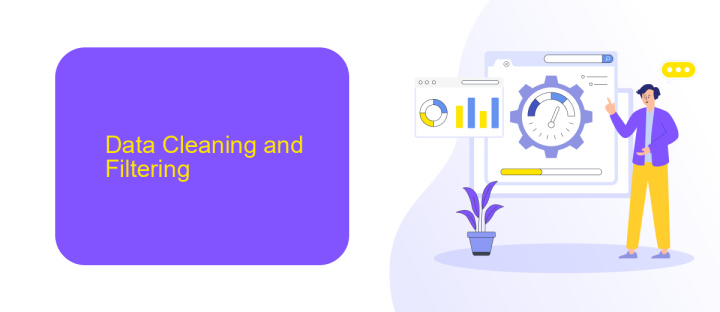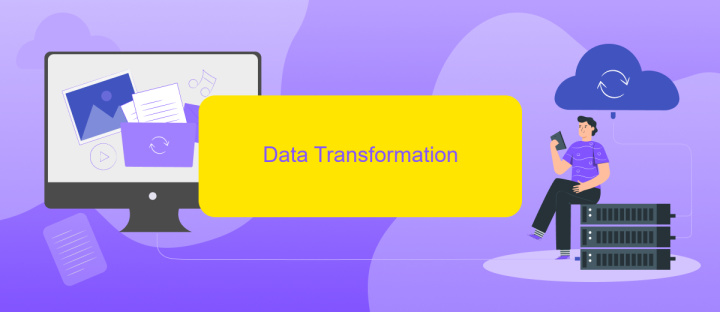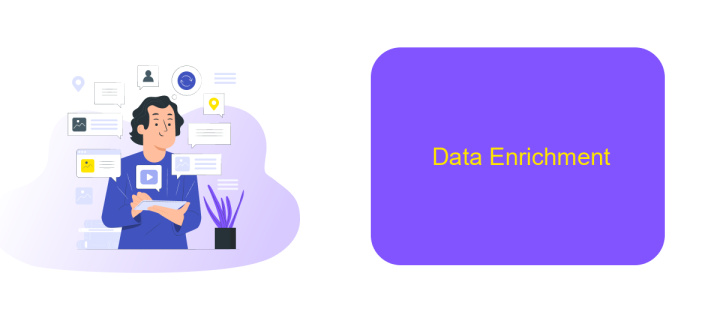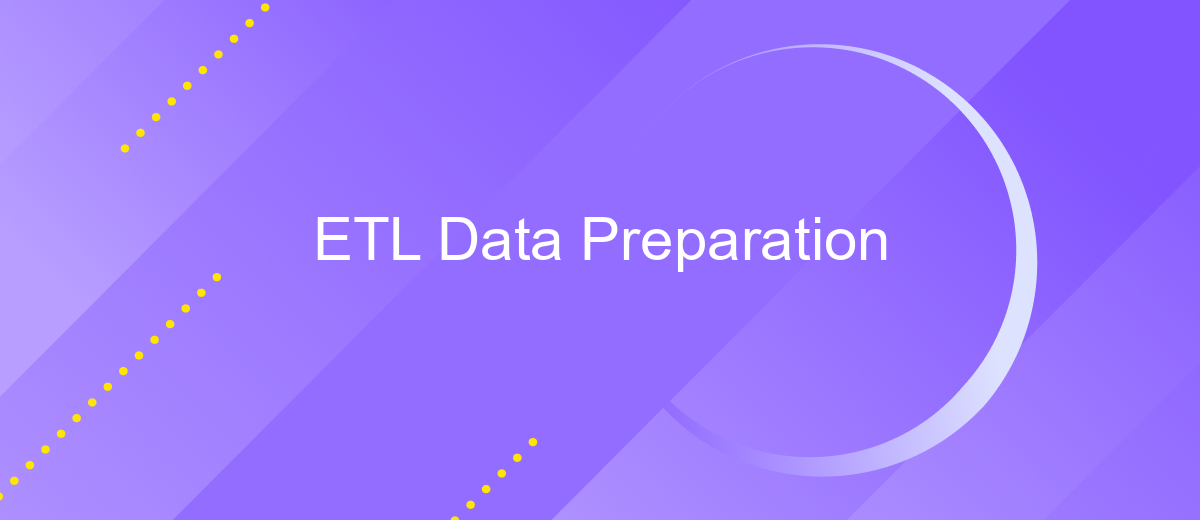ETL Data Preparation
ETL (Extract, Transform, Load) data preparation is a crucial process in data management that ensures the accuracy, consistency, and reliability of data for analysis. By extracting data from various sources, transforming it into a usable format, and loading it into a target system, ETL streamlines data workflows and enhances decision-making capabilities. This article explores the essential steps and best practices for effective ETL data preparation.
ETL Fundamentals and Data Extraction
ETL, which stands for Extract, Transform, Load, is a fundamental process in data preparation. It involves extracting data from various sources, transforming it into a suitable format, and loading it into a destination system. This process ensures that data is clean, consistent, and ready for analysis or other business operations.
- Extraction: Retrieving data from diverse sources such as databases, APIs, and flat files.
- Transformation: Converting data into a usable format, including cleaning, normalizing, and aggregating.
- Loading: Moving the transformed data into a target system, like a data warehouse or a business intelligence platform.
Data extraction is the first and crucial step in the ETL process. Tools like ApiX-Drive can simplify this step by automating the integration with various data sources. ApiX-Drive provides a user-friendly interface to connect and extract data from multiple platforms, ensuring that the data is seamlessly integrated and ready for transformation and loading.
Data Cleaning and Filtering

Data cleaning and filtering are essential steps in the ETL process to ensure the accuracy and quality of the data being processed. Cleaning involves identifying and correcting errors, such as missing values, duplicates, and inconsistencies. Filtering, on the other hand, focuses on selecting relevant data from a larger dataset, removing any unnecessary or irrelevant information. This process not only enhances data quality but also optimizes system performance by reducing the amount of data that needs to be processed.
Utilizing tools and services like ApiX-Drive can significantly streamline the data cleaning and filtering process. ApiX-Drive offers seamless integration capabilities, allowing users to connect various data sources and automate data preparation tasks. This service helps in setting up custom rules for data validation, transformation, and filtering, ensuring that only clean and relevant data is loaded into your system. By leveraging such tools, organizations can save time and resources, ultimately improving the efficiency and reliability of their ETL workflows.
Data Transformation

Data transformation is a crucial step in the ETL process, involving the conversion of raw data into a format that is suitable for analysis. This phase ensures that the data is clean, consistent, and usable for downstream processes. Effective data transformation can significantly enhance data quality and provide meaningful insights.
- Data Cleaning: Remove duplicates, correct errors, and handle missing values.
- Data Integration: Combine data from various sources to create a unified dataset.
- Data Normalization: Standardize data to ensure consistency across different datasets.
- Data Aggregation: Summarize data to generate meaningful metrics and insights.
- Data Enrichment: Enhance data by adding additional information from external sources.
Utilizing tools like ApiX-Drive can streamline the data transformation process. ApiX-Drive offers automated integrations that facilitate the seamless flow of data between different systems, reducing manual efforts and minimizing errors. By leveraging such services, organizations can ensure that their data transformation processes are efficient, accurate, and scalable, ultimately leading to better decision-making and business outcomes.
Data Enrichment

Data enrichment is a critical step in the ETL process, aimed at enhancing the quality and value of the data being processed. This involves augmenting the existing data with additional information from various sources, thereby making it more comprehensive and useful for analysis.
One of the key methods for data enrichment is integrating third-party data services. These services can provide supplementary information such as demographic details, geographic data, or market trends. Utilizing platforms like ApiX-Drive can streamline this process by automating the integration and synchronization of data from multiple sources.
- Improved data accuracy and reliability
- Enhanced data insights and analytics
- Streamlined data integration processes
- Automated updates and synchronization
By enriching data, organizations can gain deeper insights and make more informed decisions. The use of tools like ApiX-Drive simplifies the integration of diverse data sources, ensuring that the data is both current and comprehensive, ultimately leading to better business outcomes.


Data Loading and Integration
Data loading and integration are critical steps in the ETL process, ensuring that transformed data is accurately and efficiently moved into the target system. This phase involves extracting the processed data and loading it into a data warehouse, data lake, or other storage solutions. Proper planning and execution are essential to maintain data integrity and consistency during this transfer. Techniques such as incremental loading, full loading, and real-time loading are employed based on the specific requirements and data volumes involved.
To streamline and automate the integration process, various tools and services can be utilized. ApiX-Drive, for instance, offers a robust platform that simplifies the integration of diverse data sources and destinations. It provides an intuitive interface for setting up automated workflows, reducing manual intervention, and minimizing errors. By leveraging such services, organizations can enhance their data integration capabilities, ensuring seamless and reliable data flow across systems. This not only saves time but also allows for more efficient data management and utilization.
FAQ
What is ETL data preparation?
Why is ETL data preparation important?
How can I automate ETL data preparation?
What are common challenges in ETL data preparation?
How can I ensure data quality during ETL data preparation?
Time is the most valuable resource for business today. Almost half of it is wasted on routine tasks. Your employees are constantly forced to perform monotonous tasks that are difficult to classify as important and specialized. You can leave everything as it is by hiring additional employees, or you can automate most of the business processes using the ApiX-Drive online connector to get rid of unnecessary time and money expenses once and for all. The choice is yours!

